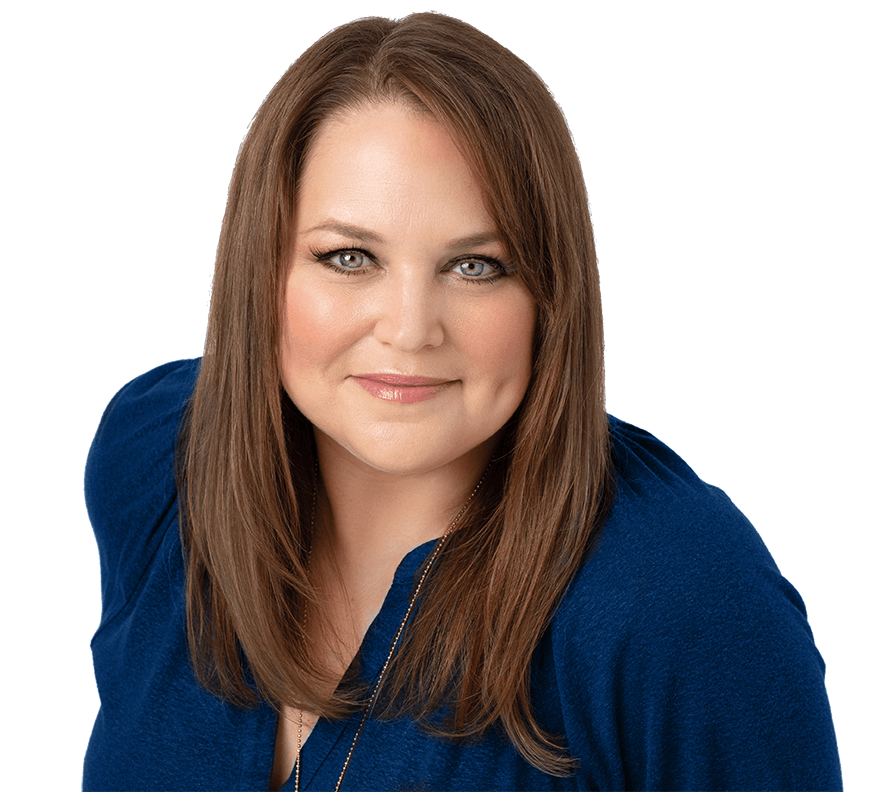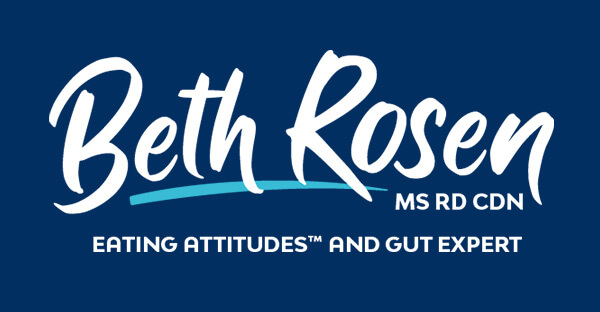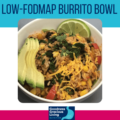How to document and explain your IBS for the best medical care.
Food Shaming: My Own Personal Saboteur
Have you ever eaten something in front of someone else and felt the need to explain why you were eating it? Or have you ever been with someone who tries out every new diet or reads every “health” book on the market and felt that they were judging your perfectly healthy turkey sandwich at lunch? Or how about, have you ever eaten carrots in front of someone who follows a high protein diet (like Atkins or Paleo) only to be told that you were poisoning yourself with sugar? As a Registered Dietitian, people automatically think that I am judging what they are eating, but in truth, I practice curious observation.
One of the most important tools in my “bag of tricks” that I use to help people reach their goal, whether it be eating intuitively or managing their heart disease, is the food diary. To do this, a person writes down everything they eat, the amount they eat, and in some cases, what time they consumed the food and their mood at the time of consumption. A food diary can be kept for one day, three days, weeks, or infinitely. This can be a useful tool in determining the culprit related to a rising blood cholesterol level or a gassy belly. But it can also be sabotaged; some do not like to write down foods they think I may judge, or believe that they must write down the amount of food to the ounce. Unless I know all of the little details, I won’t have the information needed to help them. I approach the food diary with curious observation; hunting for the source of pain, discomfort, or eating habits. Food diary guidelines seem simple enough to follow… until the tables were turned on me.
As I have mentioned in previous posts, I was diagnosed with Post-Infectious Irritable Bowel Syndrome (IP-IBS). I have removed the foods from my eating pattern that I and a number of specialists have deemed culprits of my discomfort. But even with these changes, I am still not well. So I decided to start the process again of searching for a treatment with a new doctor. I saw her last week and left her office with my first assignment: Keep a two-week food diary. Should be simple for me, right? I have others do it and I have done it before so I know what to do. Wrong. Immediately, I felt judged. We discussed a new diet that many IBS sufferers are doing well with, called the low FODMAP diet. Essentially, all foods with high content of fermentable carbohydrates should be avoided. Some of these foods include my daily and weekly favorites! Because others don’t practice curious observation, I can’t help but think I’m being judged, and judgment leads to shame. Knowing that cauliflower is high in FODMAPs and should be avoided can lead to shame for some – shame from cauliflower consumption!
Food shaming is one of the causes of inaccurate food diaries and the source of the cause of “closet eating” for many chronic dieters and disordered eaters. Food shame can stem from so many places: What you learned about “good” and “bad” food from your parents or in school, what a friend insisted is scientific fact after watching a TV doctor tout the risks of eating certain foods or food groups, from a diet you have seen someone else find success following, or from a scientific professional tell you that a specific food is the cause of your ailment. All of this information is recorded in your brain and played back for you by the voice in your head (that Inner Mean Girl, as I like to call her). That food shame voice can sabotage your best efforts to reach your goal. It makes you feel bad about your efforts to take care of yourself. In some cases, it can make you feel bad enough that you deem your efforts as “not enough” and abandon your goal completely. So what do we do to avoid this unnecessary evil that makes us feel unworthy?
Stop listening. Stop listening to that voice in your head that says you can’t do it. Stop listening when it says that you are not doing enough. Stop listening to all of its negative comments, digs, and insults. Instead, teach it positive reinforcement. When I gave birth to my son, I didn’t want to pass on my issues with food shame and my Inner Mean Girl. I slowly began to teach that voice in my head not to call me names or comment on my food choices. My mantra was simple: I told myself as often as I needed to hear it, “I am enough.” Slowly, the voice’s mantras filled with cruel insults got quiet. It was replaced by a kinder voice that would tell me, “Look what your body can do: It can move, it can take care of a family, it can make babies!” And if I had a rough day and ate past fullness, or didn’t move as much as I “should,” or wasn’t the best parent I could be, I would set my intention to stay the course and it would remind me, “I am enough.”
I am a few days into my food diary for this new doctor and I can hear the change. I set my intention to not be judged by anyone, even myself. After all, the doctor’s purpose of assigning the food diary was not to shame me, not to judge me, but to help me, even cure me. I had to quiet the nasty voice once again, but after doing so, I was able to see that with my efforts to keep a thorough and honest food diary, I was part of the solution to my belly problems. And so, like many times before, and I am sure many times to come, I have to make a conscious effort to drown out the food shaming, body-hating, effort-sabotaging voice and listen for my mantra. And today, I can hear it loud and clear: “I am enough.” I just love that voice.

Beth Rosen
Eating Attitudes™ & Gut Expert
Beth Rosen, MS, RD, CDN is a Registered Dietitian and owner of Beth Rosen Nutrition. She practices a non-diet philosophy and is a Health at Every Size" practitioner. Her goal is to end the pain of diet culture, one person at a time. Beth's techniques and programs empower chronic dieters, and those who consider themselves emotional and /or stress eaters, to ditch the vicious cycle of dieting, eat fearlessly by removing Food and diet rules, and mend their relationship with food and their bodies. Beth's works face-to-face with clients in Southbury, CT, and virtually with clients, worldwide.




